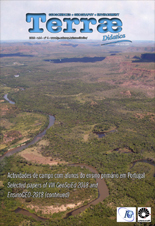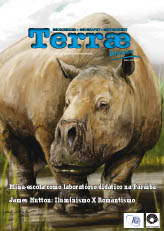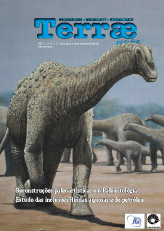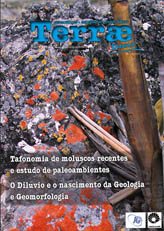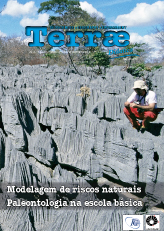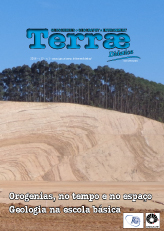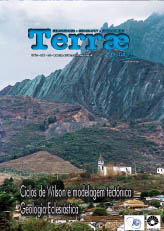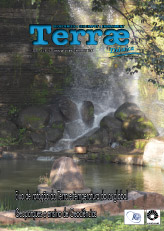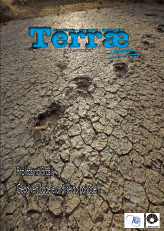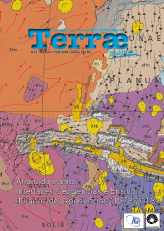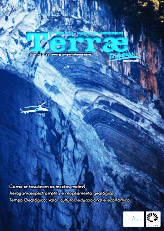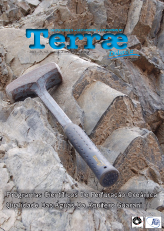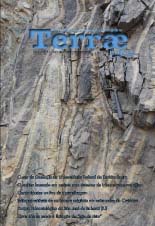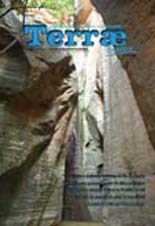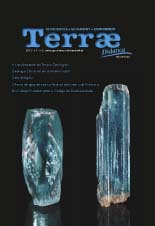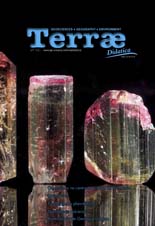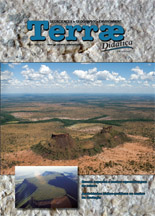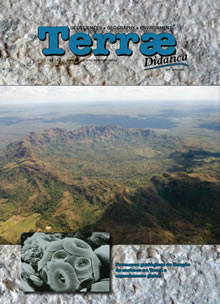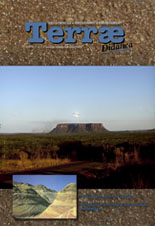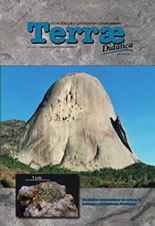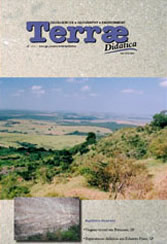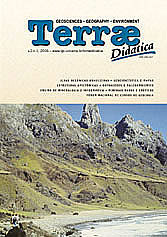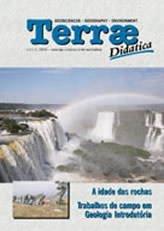Campinas-Brasil
ISSN 1980-4407

 ___________________
___________________ __
__
Volume 14, n2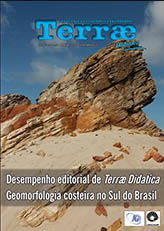
Volume 14, n1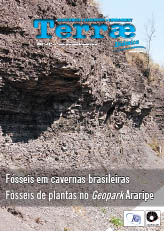
Volume 12, n3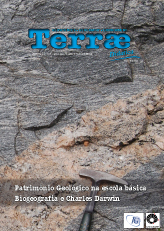
Volume 10, n2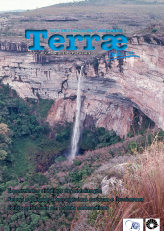
Volume 8, n2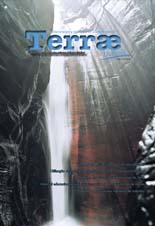
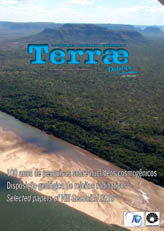
Connecting formal and informal learning to enhance elementary teacher preparation in Geosciences
Sharon L. Locke
Center for STEM Research, Education, & Outreach, Southern Illinois University Edwardsville , Edwardsville, IL, USA -
slocke@siue.edu
Georgia Bracey
Center for STEM Research, Education, & Outreach, Southern Illinois University Edwardsville , Edwardsville, IL, USA - gbracey@siue.edu,
Tom Foster
Center for STEM Research, Education, & Outreach, Southern Illinois University Edwardsville , Edwardsville, IL, USA
- tfoster@siue.edu
Shawn Fraine
Center for STEM Research, Education, & Outreach, Southern Illinois University Edwardsville , Edwardsville, IL, USA - sfraine@siue.edu,
Shunfu hu
Center for STEM Research, Education, & Outreach, Southern Illinois University Edwardsville , Edwardsville, IL, USA - shu@siue.edu
Katie lacombe
Center for STEM Research, Education, & Outreach, Southern Illinois University Edwardsville , Edwardsville, IL, USA - klacomb@siue.edu
Colin Wilson
Center for STEM Research, Education, & Outreach, Southern Illinois University Edwardsville , Edwardsville, IL, USA - colwils@siue.edu
Abstract: The U.S. National Research Council has called on the science education community to conduct further studies on how informal learning complements the formal classroom environment. Responding to this research need, we are developing, testing, and studying new instructional materials that integrate informal, field-based science learning into elementary teacher education. Using EarthCaching as a model for teaching geosciences, the project team has developed an introductory module and seven field-based EarthCaching activities that connect to the earth and space science core ideas described in the Next Generation Science Standards. The materials are aimed at pre-service elementary teachers; however, they are appropriate for use with early childhood and special education majors. To date we have piloted the materials over four semesters, gathering feedback through focus groups to inform iterative revisions. Through the redesign process, the team has identified a set of preliminary design principles to guide other teacher educators interested in integrating EarthCaching into their instruction. These include attention to preparation, safety, and navigation; emphasis on observation, estimation, and prediction; promoting peer group interactions; presenting familiar sites from a new perspective; and highlighting cultural significance. Elementary pre-service teachers in the focus groups noted the value of taking young learners outside to EarthCache, including the opportunity to connect classroom learning to the real world and to teach geosciences locally. We anticipate that integrating informal science learning experiences into a science course for elementary pre-service teachers will increase their positive attitudes towards informal learning and intention to use elements of informal learning with their own students.
Keywords: informal learning, teacher education, EarthCaching, elementary science education
Copyright © 2005-2007 - Instituto de Geociências - Universidade Estadual de Campinas - UNICAMP - Brasil - Todos os direitos reservados -
Desenvolvimento: ![]()
